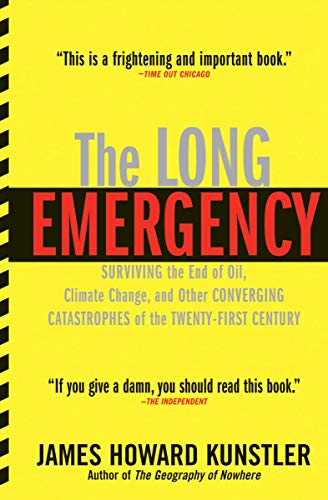Here in the Battenkill Valley in far upstate New York, the bones of the small towns are still visible while the flesh of the economy that built the towns is now long gone. The Battenkill River runs from the other side of the Vermont line across Washington County to the Hudson River. It’s a swift, clear stream, and back-in-the-day it powered dozens of little factories along its winding way. They made men’s shirts, women’s lingerie, tea trays, ploughs, rye thrashers, boots, paper, and lots more. In a few places you can still find the ruins of these once-grand buildings.
Ruins of the Baxter Marble Mill, later the Bartlett All-Steel Scythe Company
We heard there was a good parade up in Salem, NY, ten miles northeast of here. Salem was a railroad town after 1852. It changed everything for a while. Farmers could send their potatoes and milk all the way to Boston. Slate was abundant nearby and there was a lively commerce in it for roofing and other things. Marble came over from Vermont and was dressed into tombstone blanks, which were sent as far as the Midwest. The railroad itself employed scores of hands in the roundhouse where its locomotives were repaired. This rail connection to distant places and markets must have seemed wondrous.
Waiting for the parade to start in Salem, NY
The system held together for less than 100 years and now it, too, is a ghost presence, along with the factories. History has treated this corner of the country with something that feels like swift injustice. Today, we remain hostages to the automobile, with its geography-negating banality, but you can see the end of that road from here, too, and it is already subject to a very public nostalgia. The Fourth of July parade up in Salem was mostly a parade of motor vehicles: fire engines, EMT trucks, tractors, vintage 1920s flivvers, 1960s muscle cars, one classic hot-rod, and one weird Avanti, a mid-60s product of the then-floundering Studebaker Company — which, ironically, had run a wagon and carriage assembly factory in Salem around 1910, just as cars were being introduced.
These days, even the American Eagle is relegated to sitting in a motor vehicle
 The Long Emergency: Su...
Buy New $10.99
(as of 07:20 UTC - Details)
The economic history of this place looks like a sequence of great works performed at enormous capital investment, and then quickly trashed for the next new thing. It must have been intoxicating at the time. I’d put the high-tide of it all at about 1900, when all the systems of manufacturing and transport were humming in synchrony. Turns out it was an economy with a surprising purpose: to get rid of itself! And it’s stunning how gone it all is now. What replaced it is not only happening far, far away, but many items made far, far away can’t even be bought within a twenty-mile journey of any town in the county.
The Long Emergency: Su...
Buy New $10.99
(as of 07:20 UTC - Details)
The economic history of this place looks like a sequence of great works performed at enormous capital investment, and then quickly trashed for the next new thing. It must have been intoxicating at the time. I’d put the high-tide of it all at about 1900, when all the systems of manufacturing and transport were humming in synchrony. Turns out it was an economy with a surprising purpose: to get rid of itself! And it’s stunning how gone it all is now. What replaced it is not only happening far, far away, but many items made far, far away can’t even be bought within a twenty-mile journey of any town in the county.
I pass through Salem about six or seven times a year for one reason or another. The rather grand old Main Street is usually empty of pedestrians. Only a few of the remaining shopfronts sell useful merchandise so there is no reason to walk down the street. There are several impressive old buildings — skeletons of that ghost economy — clearly falling into terminal disrepair. Yet, on the Fourth of July, the streets were full of life, for a change. Many (like us) had come from far-and-wide. We turned out to show love and respect (and curiosity) for whatever it is this enterprise called the USA is supposed to be now. Mostly, our national situation seems a matter of waiting for various shoes to drop.
The Central House, formerly a hotel, now an evangelical social center
There’s one big advantage to living in this flyover corner of America: it has received next-to-zero of the destructive suburban development overlay that has obliterated the landscape in those parts of the country that can pretend to still be booming. It is a blessing that I’m keenly aware of. We’re just too far away from the cities, and even from the Interstate Highway network. So, when I behold the economic desolation in these little towns of the Battenkill Valley, I’m aware that, at least, we will not have to dig out from under the burden of the Big Box hell imposed on just about every other place from sea to shining sea, when that economy turns over — a process actually underway now. The K-Mart in my town, Greenwich, NY, shut down in March. When enough of those predatory outfits are gone, someone may get a notion to sell stuff out of our empty main streets shops again. Of course, nobody’s thinking about making stuff that might be sold in those storefronts, but a sense of opportunity may arise quickly as the wind-down of Globalism — and all it implies for local places — becomes self-evident.
RV, barn and corn, a Washington County vista
Reprinted with permission from Kunstler.com.









